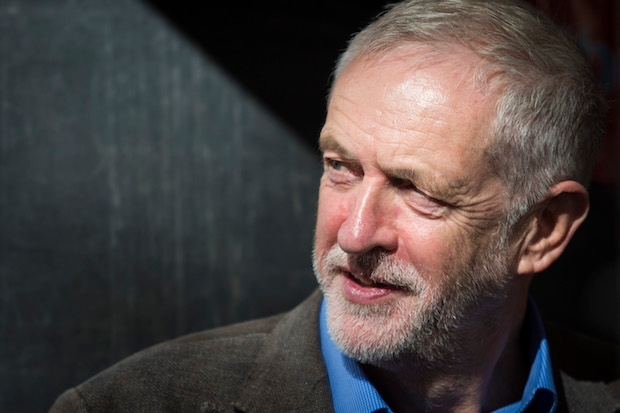What is Labour’s position on triggering Article 50? Four days on from the High Court’s ruling that Parliament must vote on whether the UK can start the process of leaving the EU and confusion reigns.
First, Corbyn suggested Labour could oppose Theresa May’s attempts to trigger Article 50. He said the party would block Article 50 if key demands were not met. Given that these demands included access to the single market, it seemed unlikely the government would be able to meet them — and instead an early election could be on the cards. However, Tom Watson — Labour’s deputy leader — then appeared on the radio where he contradicted Corbyn. Watson insisted Labour would not ‘hold this up’; ‘The British people have spoken and Article 50 will be triggered when it comes to Westminster’.
Now Keir Starmer, the shadow Brexit secretary, has appeared on Today to try and set the record straight. He says he has spoken to both Watson and Corbyn and that the party ‘accepts that the government has a mandate to leave the EU’ but ‘they have no mandate for the terms on which we leave’. He said Labour were after ‘the fullest possible access to the single market’, that ‘we should be in the customs union’, and that there should be special arrangements for Northern Ireland, Wales and Scotland. However, in a tense exchange with John Humphries, Starmer said — when pressed — that while his party did want the government to reveal its plans, they would not vote down Article 50.
This leaves Labour in a difficult position. If they are not willing to vote down Article 50 it’s hard to see how they can put any real pressure on the government to reveal — or amend — its plans. Meanwhile, if they were to revert to Corbyn’s first statement and vote down Article 50 in the event of limits on access to the single market, the gap between the party and its working class voters would grow even wider. While last week’s court ruling was a blow to the government, it also makes things complicated for those at the top of the Labour party.







Comments